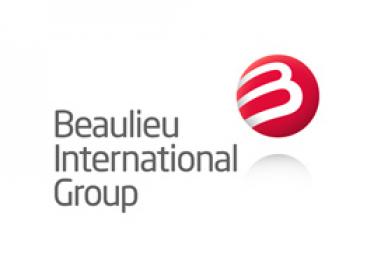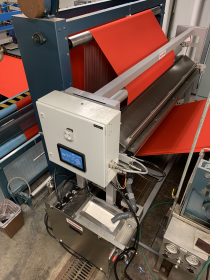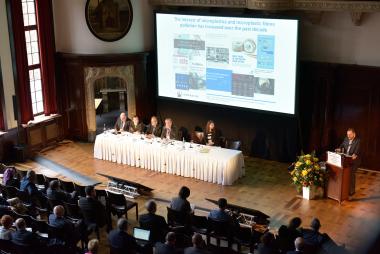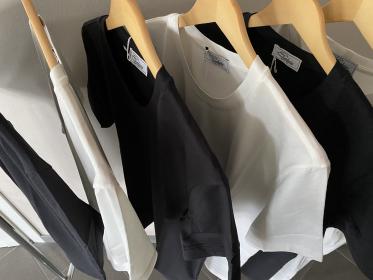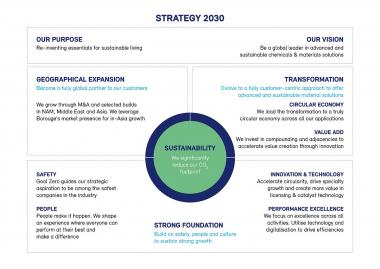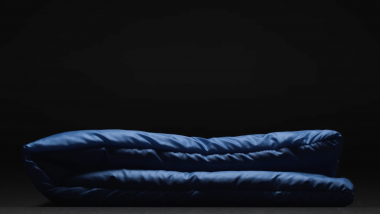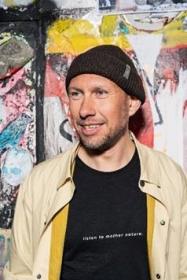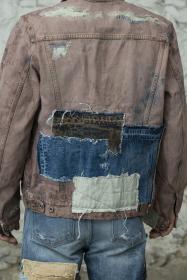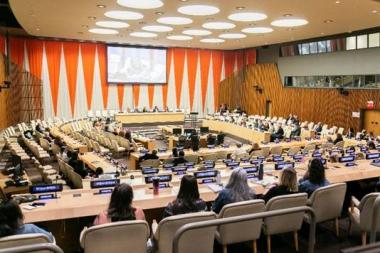Beaulieu Technical Textiles: going green with sustainable geotextiles
- BTT’s woven geotextiles can reduce CO2-emissions in infrastructure projects by a factor of 10 compared to more conventional methods
- Product specific Environmental Product Declarations for woven geotextiles transparently communicate their sustainability
- EPDs an essential tool to communicate sustainability performance
- Helps carbon-conscious customers in their purchasing and decision making
Beaulieu Technical Textiles (BTT) has unveiled the next step in its mission to deliver sustainable solutions to customers - product specific Environmental Product Declarations (EPD), an essential tool for communicating sustainability performance - to fully support green certified construction projects by providing accurate information in readily available formats.
The carbon footprint of BTT’s woven geotextiles is amongst the lowest in the industry, making them one of the most sustainable solutions for civil engineering projects. An EPD shows a manufacturer's commitment to measure and reduce the environmental impact of its products and report these impacts in a very transparent way.
Construction products, like geotextiles, follow the very comprehensive European standard, EN 15804+A2. The third-party verification and approval by the international EPD® System officially demonstrates the low environmental impact of BTT’s geotextile products.
Beaulieu


